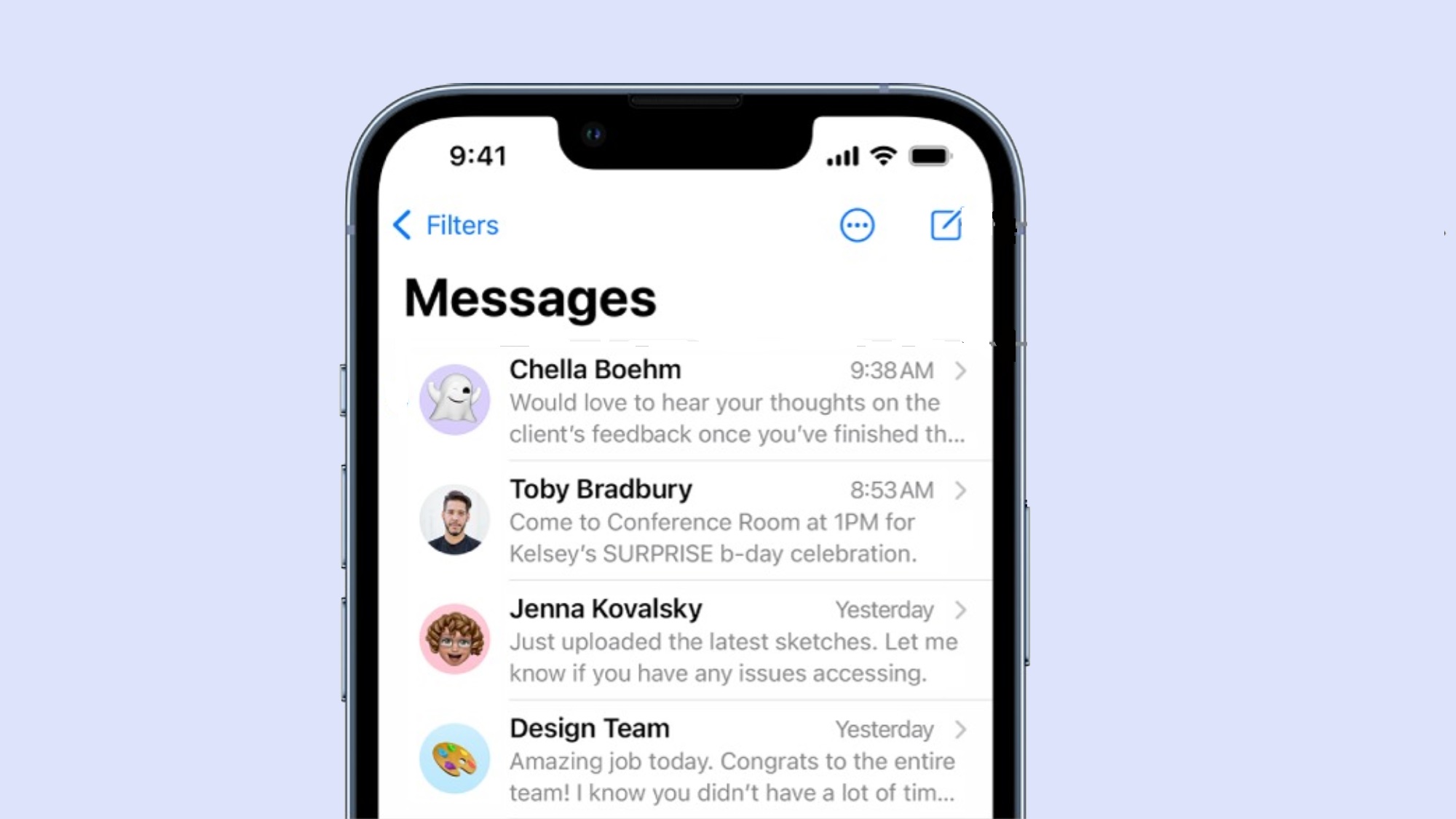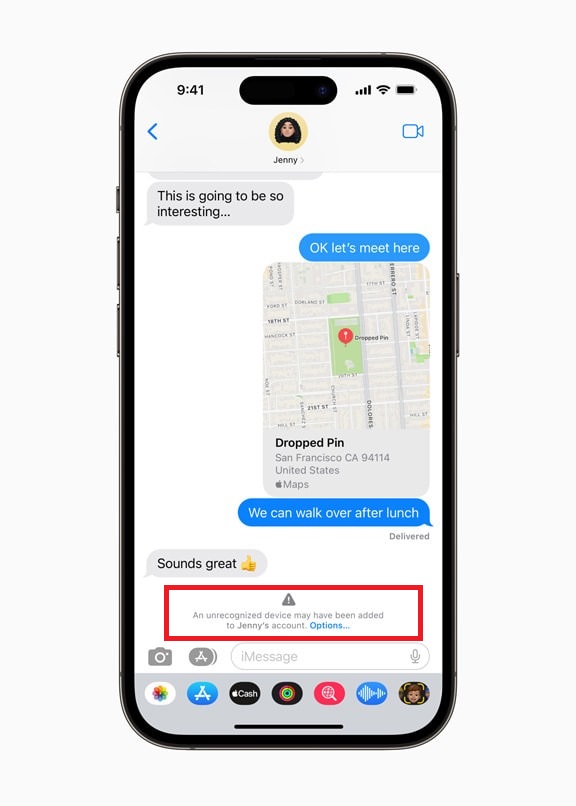
Late last week, Apple unleashed the first beta of iOS 16.6 for developers. The beta release comes with some bug fixes and performance enhancements, but the most notable change is the new iMessage Contact Key Verification feature
Apple announced this new perk in December 2022, alongside Lockdown Mode, as a part of its commitment to provide its user with the "best data security in the world." Now, it looks like the extreme privacy feature may be finally rolling out with the iOS 16.6 update.
1. What is iMessage Contact Key Verification?
You may not be special enough to need iMessage Contact Key Verification — and that's a good thing.
According to Apple, this security feature targets users who face extraordinary digital threats, including human rights activists, journalists, governmental members, and more. In other words, if you're not a high-profile figure who may be at the receiving end of highly sophisticated cyberattacks, iMessage Contact Key Verification may not be of interest to you.
So what, exactly, is iMessage Contact Key Verification? It is a security feature that lets you verify that you're messaging the correct recipient as opposed to a malicious interceptor who may be spying on you.
As ComputerWorld explained, iMessages between iOS users are always end-to-end encrypted, which means snoopers who try to intercept these texts will only get a bunch of hogwash that is extremely difficult to decode. However, keep in mind that they're not impossible to decode. It's expensive, arduous, and complex, so only people who have communications of significance would be a target worth the trouble.
For example, if two users are having a conversation, and they've both enabled iMessage Contact Key Verification, they'll get automated alerts if an unrecognized device is caught snooping on the messaging session.

"And for even higher security, iMessage Contact Key Verification users can compare a Contact Verification Code in person, on FaceTime, or another secure call," Apple said.







